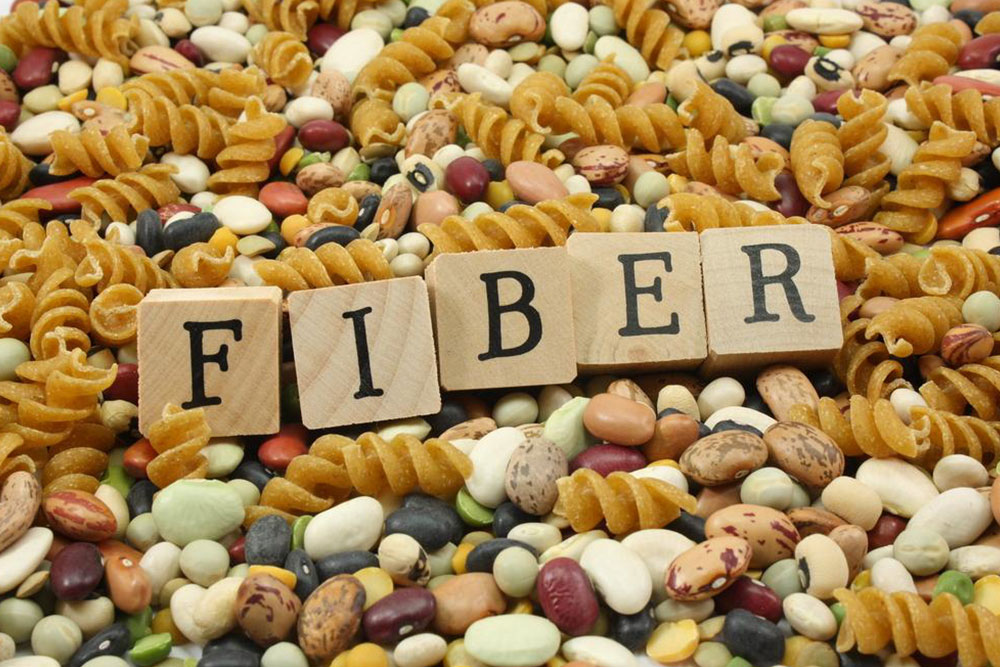Benefits of a high-fiber diet
Regular exercise and abstaining from tobacco and alcohol are some of the ways to promote a healthy lifestyle. Yet, there is one fundamental rule that many of us tend to overlook, a healthy, high-fiber diet plan. While keeping away from greasy, fatty foods and quitting bad habits can improve the quality of life, it is just as important to consume adequate amounts of fibrous foods. Let us look at how they can help.
Maintains healthy weight
Weight gain is a problem that is affecting a growing number of people. A sedentary lifestyle coupled with an affinity for processed food means that we are not able to burn excess calories.

Regulates bowel movements
No amount of healthy foods and exercise will do you good if you have irregular bowel movements. Constipation is more than a discomfort. Complications can arise and may warrant treatments. Some effects of constipation are hemorrhoids, fecal impaction anal fissures, and rectal prolapse.
Lowers cholesterol
High cholesterol can pose a danger to health and put you at risk of developing heart disease and stroke. Bad’ cholesterol like LDL can build up in the arteries and form plaque, which hardens them. Oxygen-rich blood is unable to flow properly and leads to a host of problems. While genetics do play a role in pushing up cholesterol, you can keep it balanced by eating fibrous foods and cutting back on those that contain saturated fat.
Regulates blood sugar levels
Diabetics need to follow a strict diet plan that aims to slow the absorption of sugar and keep sugar levels low. If you are a diabetic or are looking to reduce the risk of developing the disease, try to include the highest fiber foods in your diet. Choose a mix of soluble and insoluble fiber. Soluble fiber will lower the absorption of cholesterol while insoluble fiber will promote healthy bowel movements.
What and how much
There are many high fiber foods that you can enjoy eating. They include lentils, lima beans, black beans, artichokes, broccoli, Brussels sprouts, raspberries, pears, and avocado, to name a few. Whole-wheat grains, flaxseed, and chia seeds are a few more to try. A general rule for consuming adequate fiber is to get about 14 grams per 1,000 calories. Men need around 30-38 grams a day while women require 25 grams a day. This intake reduces to 21 grams for women aged 51 years and over.
Redesigning your diet plan to include sufficient fiber is a small price to pay to stave off life-threatening diseases. Make a change today to give your body and mind the attention they deserve. Add exercise to the mix and you will reap the benefits of good health.

